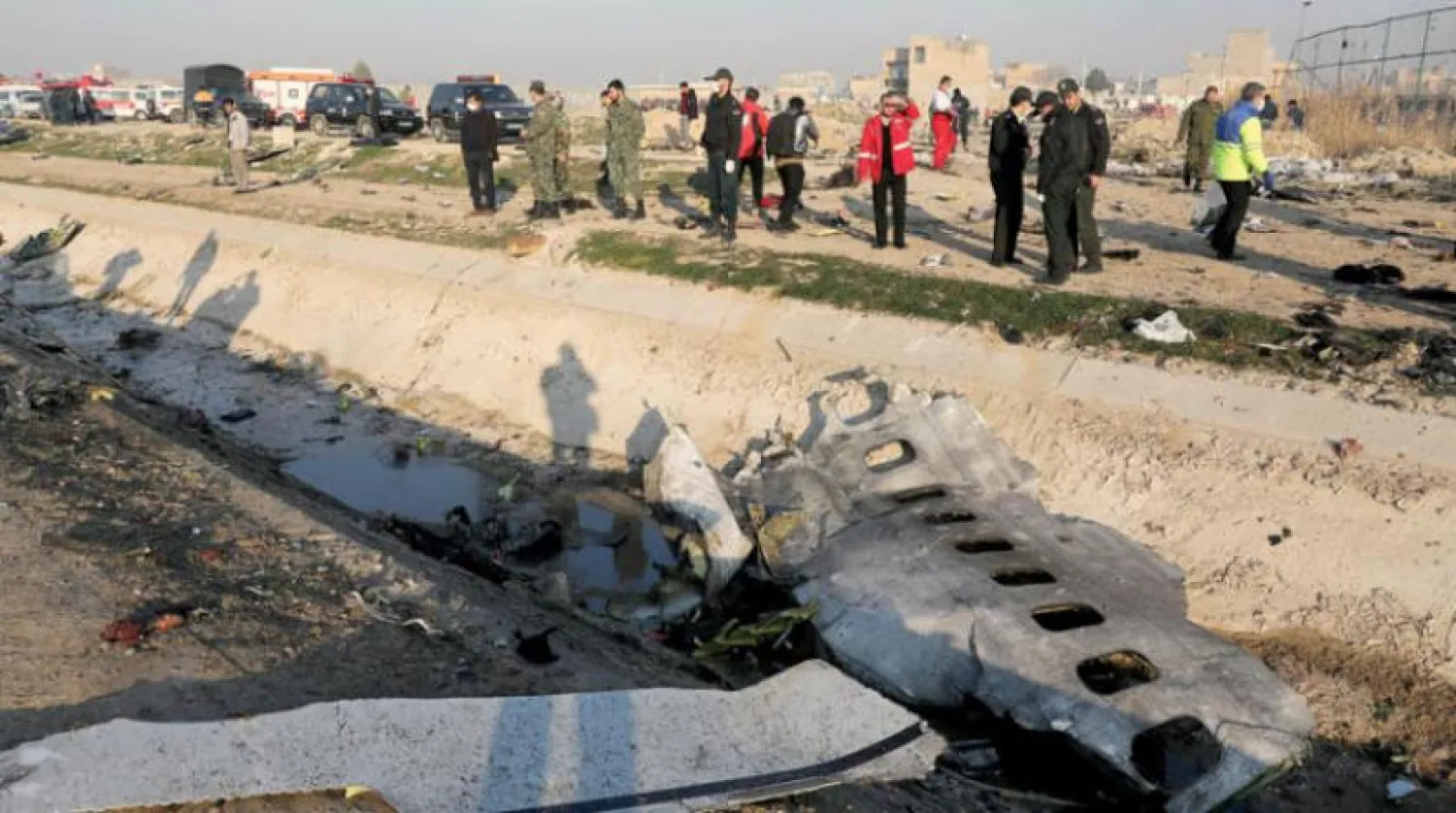The Human Rights Watch (HRW) reported that Iranian authorities have engaged in a campaign of harassment and abuse against families of people killed in the Iranian Revolutionary Guard’s (IRGC) downing of Ukraine International Airlines Flight 752 in January 2020.
The authorities indicted 10 people for their role in the incident but have not provided any public information about their identities, ranks, or the charges against them.
Governments participating in the Flight 752 investigation should support family members of victims in pursuing a path for justice and accountability, said HRW.
The organization interviewed 31 family members of victims and people with direct knowledge from October 2020 to January 2021. They said that Iran’s security agencies had arbitrarily detained, summoned, abusively interrogated, tortured, and otherwise mistreated victims’ family members.
The agencies also failed to return victims’ possessions to their relatives and interfered with burial and memorial gatherings in an apparent attempt to curtail efforts for accountability.
HRW deputy Middle East director Michael Page said that IRGC killed 176 people without a shred of accountability, and now Iran’s brutal security agencies are abusing victims’ family members to squash any hope for justice.
“Rather than attempting to regain people’s trust through a transparent investigation and redress for the families, the authorities are again silencing accountability efforts.”
On January 8, 2020, the Ukrainian plane was downed close to Tehran’s Imam Khomeini international airport. After several initial denials, the Armed Forces Central Command admitted on January 11 that IRGC had “mistakenly” shot down the passenger jet, killing all 176 passengers and crew on board.
Iranian authorities said that “human error” by a missile operator led to launching two surface-to-air missiles at the plane. But they did not disclose critical evidence supporting the claim and have not provided any details of their judicial investigation.
The cabinet announced that it had allocated $150,000 to compensate the family of each passenger.
On March 17, Iran’s Aircraft Accident Investigation Board published its final report on the incident in which it said, based on information provided by the military, that Iranian missiles were launched at the plane due to a 105-degree miscalibration of the launcher’s radar.
The report did not clarify inconsistencies in the Iranian government’s findings raised by various independent observers, including the UN special rapporteur on extrajudicial executions in a detailed letter to the Iranian government in December.
The foreign affairs and transport ministers of Canada, the intended destination of most of the passengers, indicated that the report makes no attempt to answer critical questions about what truly happened. “It appears incomplete and has no hard facts or evidence.”
On May 20, a Canadian court ruled in a civil lawsuit that “on the balance of probabilities, the missile attacks on Flight 752 were intentional and directly caused the deaths of all on board.”
After Iranian authorities admitted they shot down the plane, protests broke out in several Iranian cities, and security forces responded with rubber bullets, pepper spray, and tear gas.
Over the past year, courts have sentenced at least 20 people in connection with their participation in protests. At least three more participants are currently on trial.
At least 16 people said that security agencies threatened them not to participate in interviews with foreign media or had followed or summoned their relatives or friends who attended memorials and filmed those attending these events.
In some cases, security forces interrogated or detained family members for several hours, and in at least one case, the authorities tortured a person in custody.
In another case, plainclothes officers asked to meet a family member who had spoken against authorities’ conduct at a public place and threatened that person with prosecution.
Several of those interviewed said that the authorities returned important documents from the victims, but did not return any valuables, such as jewelry and electronic devices.
Videos and photos published two days after the crash show bulldozers demolishing the site before authorities had accepted responsibility for downing the plane, raising concerns that they failed to secure evidence that was then destroyed or left unusable for investigations or legal proceedings.









